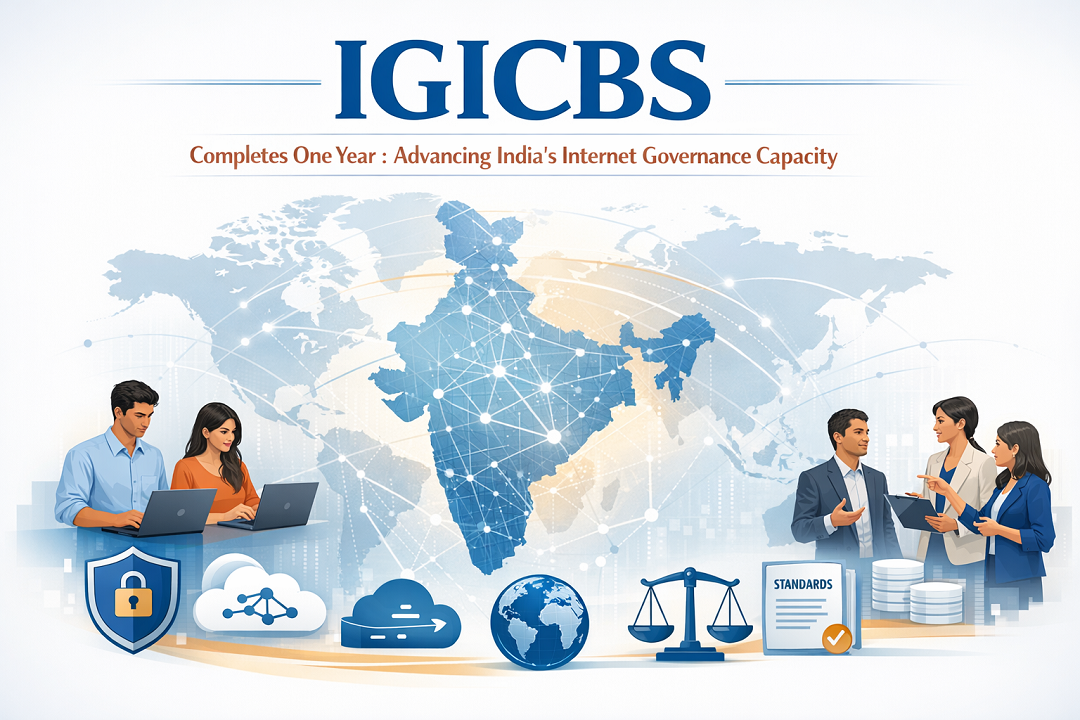Context
A case has been registered against an NCP leader and others in Solapur for obstructing officials during an anti-illegal excavation drive. The issue escalated when a viral video surfaced, showing the Deputy Chief Minister of Maharashtra rebuking IPS officer Anjana Krishna over the phone. This incident has reignited the debate on political interference in governance and its implications for administrative neutrality.
Political Interference in Governance
Meaning
- Political interference refers to the undue influence exerted by elected representatives or party workers in the functioning of civil servants.
- It often undermines impartiality, legality, transparency, and merit-based decision-making in governance.
Features of Political Interference
- Undue Pressure: Politicians influence administrative decisions like halting raids or diluting enforcement.
- Patronage Networks: Postings, contracts, and welfare benefits linked to party loyalty instead of merit.
- Erosion of Neutrality: Civil servants become tools of ruling parties, violating the constitutional principle of neutrality.
- Short-Termism: Populist measures (loan waivers, illegal permissions) prioritise electoral gains over sustainable policy.
- Weak Accountability: Responsibility is blurred between ministers and officers, making it hard to fix accountability.
Ethical Issues in Political Interference
- Violation of Constitutional Morality: Disregards equality before law (Art.14) and undermines rule-based governance.
- Conflict of Interest: Clash between public duty and party/personal interests.
- Erosion of Public Trust: Citizens perceive governance as biased and partisan.
- Demoralisation of Civil Servants: Honest officers face threats, humiliation, and frequent transfers, discouraging integrity.
- Gender & Respect Concerns: Rebuke and disrespect towards women officers violates workplace dignity.
📌 2nd ARC’s Ethics in Governance Report: “The greatest threat to probity comes from the politicisation of the civil service and erosion of neutrality.”
Philosophical Perspectives
- Plato – Philosopher King & Justice: Governance must be guided by wisdom and justice, not partisan interests. Political interference reflects rule by passion and self-interest.
- Aristotle – Rule of Law vs. Rule of Man: Law should govern, not men. Interference replaces laws with arbitrary dictates.
- Immanuel Kant – Duty & Moral Law: Politicians must act on the categorical imperative of duty to the public good. Interference reduces governance to a tool of selfish ends.
- Max Weber – Bureaucratic Neutrality: Bureaucracy must function on rational-legal authority and neutrality. Political pressure converts it into a partisan instrument.
Challenges in Countering Political Interference
- Lack of Legal Safeguards: Civil servants remain vulnerable to oral and arbitrary orders.
- Transfer Culture: Frequent transfers (average <16 months, as per ARC) reward pliability over merit.
- Weak Institutional Mechanisms: Civil Services Boards lack independence to protect officers.
- Low Accountability of Politicians: No enforceable code of ethics for legislators.
- Culture of Silence: Officers avoid reporting interference due to fear of reprisals.
Way Forward
- Fixed Tenure & Independent Civil Services Boards: Ensure tenure security and transparent postings (ARC recommendation).
- Statutory Backing: Strengthen Civil Services Conduct Rules with legal protection against illegal orders.
- Code of Ethics for Politicians: Introduce a binding code of conduct to uphold constitutional values.
- Independent Grievance Redressal: Establish an authority to record and address interference cases.
- Ethical Training & Leadership: Build officers’ capacity in ethics, conflict resolution, and courage of conviction.
- Public Awareness & Media Vigilance: Strengthen citizen oversight to ensure accountability and transparency.
Conclusion
Political interference corrodes the neutrality, fairness, and constitutional morality of governance. Protecting civil servants from partisan pressure requires rule of law, ARC-backed reforms, statutory safeguards, and ethical leadership. Only when politics respects administration can democracy ensure justice, equity, and probity in public service.
Source : DECCAN HERALD



